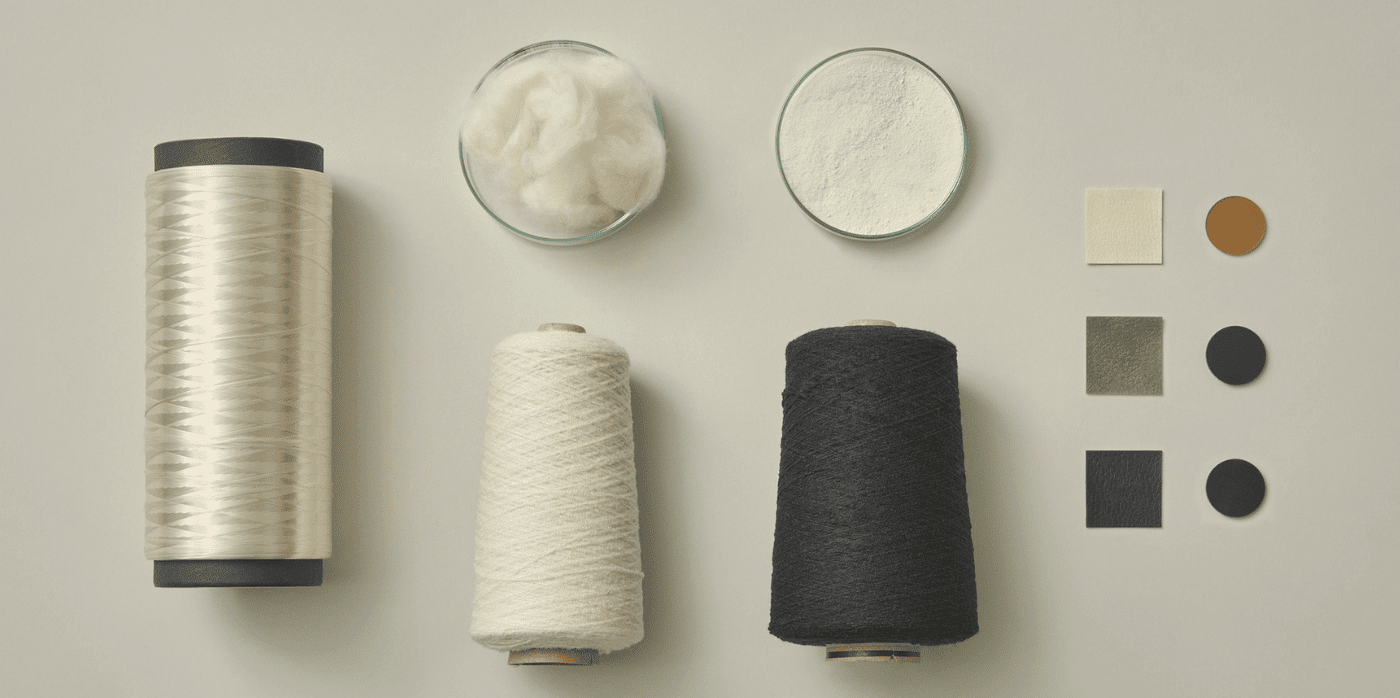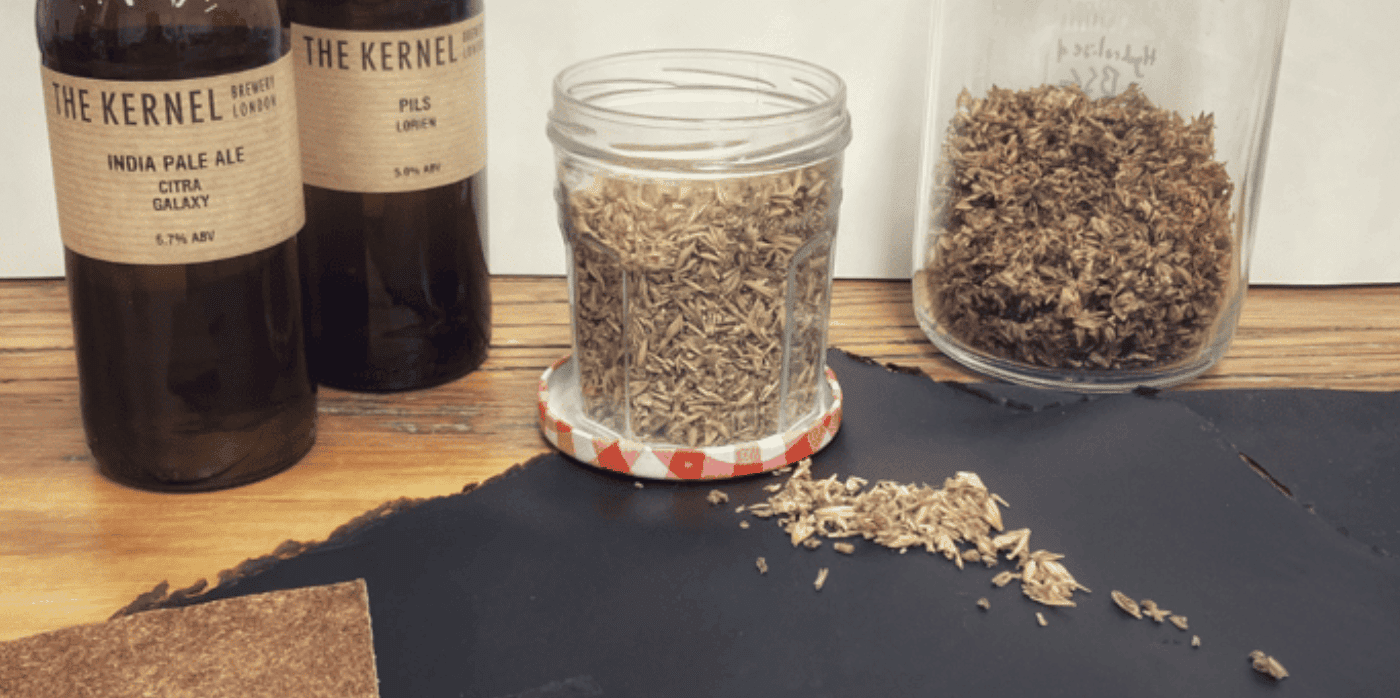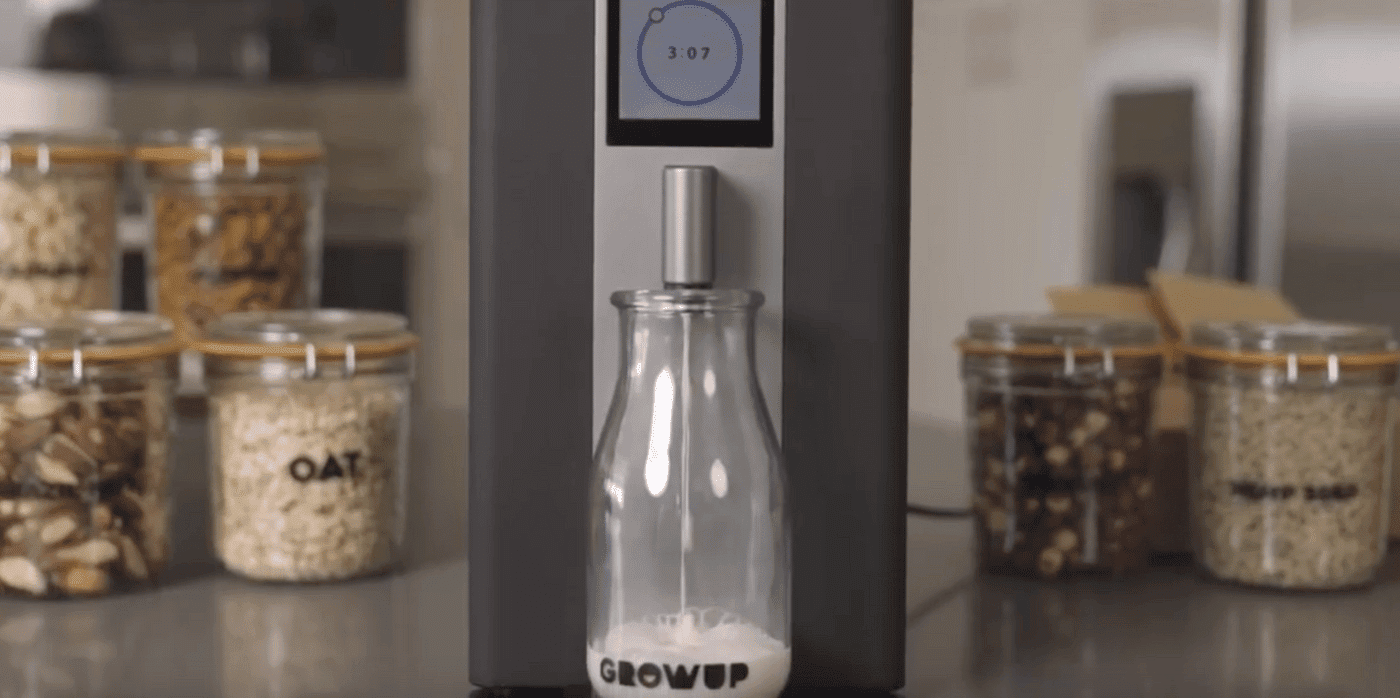Brewing protein to make sustainable materials

Spotted: Textile production is a major user of energy and water resources – as well as a major source of CO2 and pollution. While progress is being made to develop less energy-intensive materials in some areas of textile production, it has been difficult to replicate the benefits of fibres derived from petrochemicals or animal-based fibres like silk, cashmere, and wool using lower-energy materials.
Japanese company Spiber, however, has developed a novel process for creating fibres and other materials through fermentation (brewing) of plant-based ingredients. Company representative Noriko Fukushima, described the Brewed Protein process as “utilising sugars and microbes, rather than petrochemical or animal-derived raw materials.”
Spiber currently uses sugars obtained from agricultural products such as sugarcane and corn as the main feedstock for the production of Brewed Protein materials. The company is aiming to shift to a regenerative and circular system involving the use of agricultural and textile waste, such as end-of-use fibres.
Spiber was founded initially in 2007 but began mass production in 2022 at a plant in Rayong Province, Thailand and is collaborating with ADM on the construction of a second mass production facility in Iowa. Since 2019, the company has also been working with well-known apparel companies and brands, including The North Face, Goldwin, and Pangaia, as well as introducing a new mascara with Shiseido that incorporates Brewed Protein fibres.
While fermentation is a novel way to produce fibres, Springwise has also spotted a wealth of plant-based alternatives to animal fibres. Recent innovations in the archive include footwear made from food waste and regenerative fibres.
Written By: Lisa Magloff




